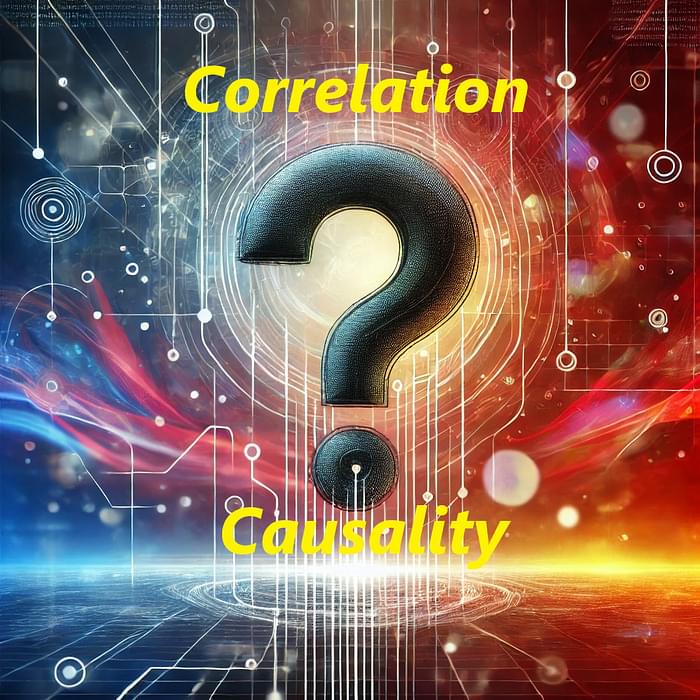Originally published on Towards AI.
ABSTRACT: The fundamental problem of causal inference defines the impossibility of associating a causal link to a correlation, in other words: correlation does not prove causality. This problem can be understood from two points of view: experimental and statistical. The experimental approach tells us that this problem arises from the impossibility of simultaneously observing an event both in the presence and absence of a hypothesis. The statistical approach, on the other hand, suggests that this problem stems from the error of treating tested hypotheses as independent of each other. Modern statistics tends to place greater emphasis on the statistical approach because, compared to the experimental point of view, it also shows us a way to solve the problem. Indeed, when testing many hypotheses, a composite hypothesis is constructed that tends to cover the entire solution space. Consequently, the composite hypothesis can be fitted to any data set by generating a random correlation. Furthermore, the probability that the correlation is random is equal to the probability of obtaining the same result by generating an equivalent number of random hypotheses.









Leave a reply